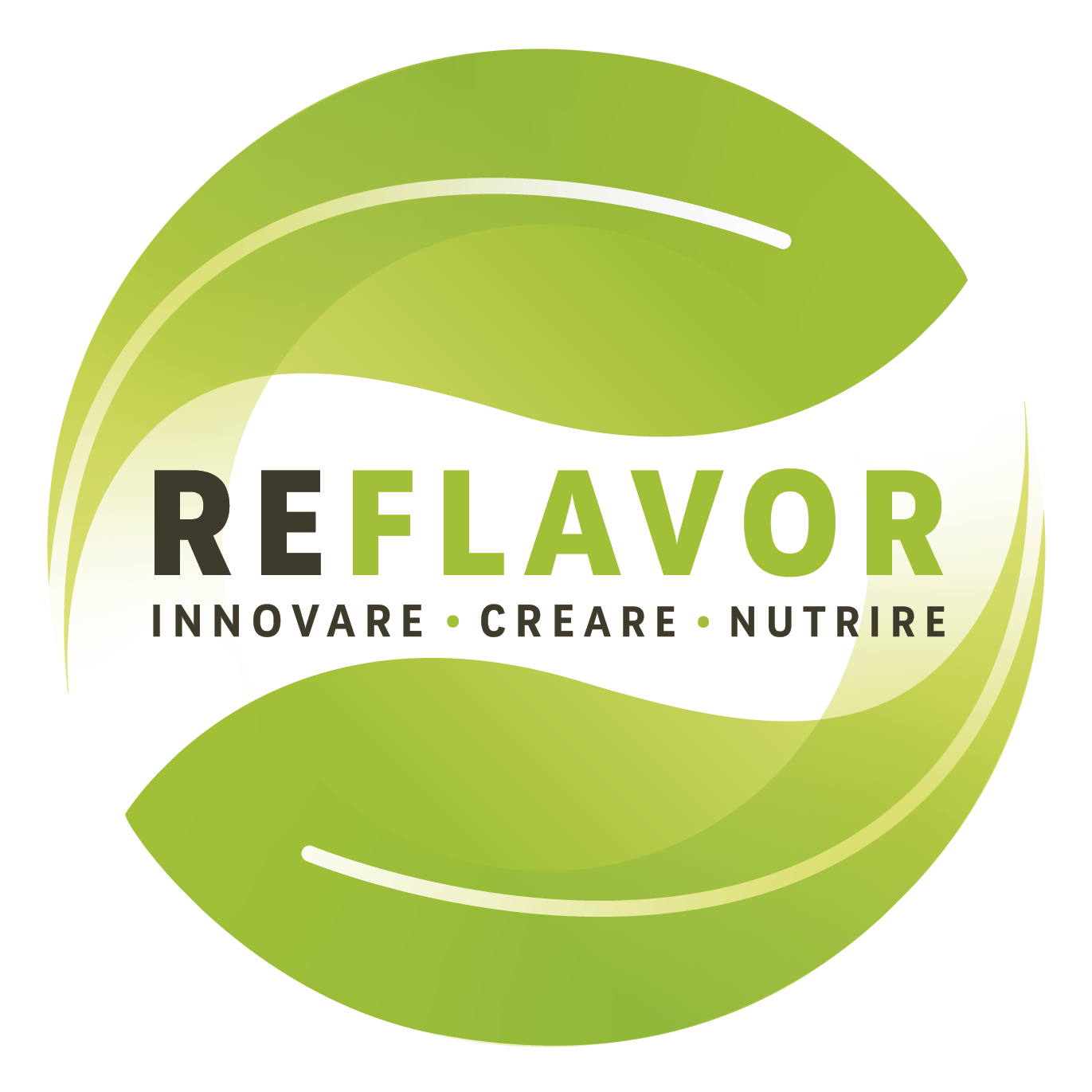In recent years, the demand for high-protein foods has increased significantly. High-protein snacks, bars, ice cream, bread, and pasta are prominently displayed on every supermarket shelf.
The reasons are varied: the growing adoption of vegan and vegetarian diets; the spread of fitness-focused lifestyles; and the curiosity about ever-new products and formats. Furthermore, when it comes to plant-based proteins, a significant advantage is added: the ability to care for both your own health and that of the planet.
Plant-based Proteins and Personal Well-Being
Regular consumption of plant-based proteins—derived from legumes, grains, seeds, nuts, and vegetables—provides numerous benefits to the body, such as maintaining and growing muscle mass and strengthening the immune system.
First, many plant-based protein sources are rich in fiber, which helps control appetite by prolonging the feeling of satiety and regulating blood sugar levels. They are therefore ideal for maintaining a healthy weight and preventing diseases such as obesity and type 2 diabetes.
Furthermore, they support cardiovascular health, as these plant-based protein sources are free or low in saturated fat, a known risk factor for high blood pressure and increased LDL cholesterol levels (the so-called “bad” cholesterol).
Plant Proteins and Environmental Sustainability
According to the FAO, livestock farming is responsible for 14.5% of global greenhouse gas emissions. The intensive production of animal protein damages ecosystems in many ways:
- deforestation, practiced to clear land for intensive animal feed cultivation;
- methane and nitrous oxide emissions (37% and 65% of the global total, respectively), which are even more polluting than carbon dioxide;
- loss of biodiversity, caused by soil depletion and desertification.
In this context, plant-based proteins represent a valid, more eco-friendly and sustainable alternative. Their production, in addition to requiring less fossil fuel, can be facilitated by innovative techniques such as microbial fermentation or bioreactor cultivation, which further reduce land and water consumption.
Furthermore, Reflavor’s high-protein line is made exclusively with plant waste—specifically, rice and oat okara, a by-product of plant-based beverage production. This makes its environmental impact even lower! Try it: with just one bite, you can do good for yourself and the planet you live on—and it’s delicious!

